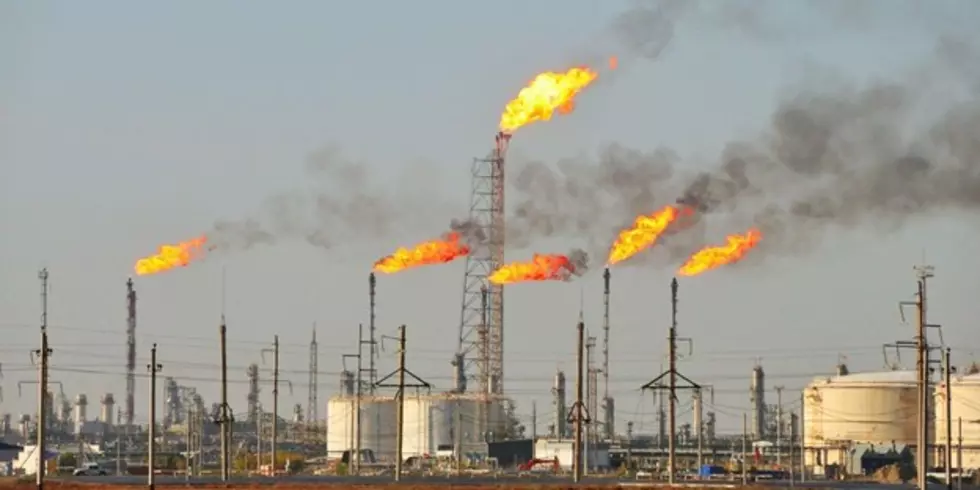
Study: Climate and energy bill will cut carbon emissions by 40 percent
WASHINGTON (CN) — The massive climate change and health care bill signed into law this week will lower U.S. carbon emissions by a gigaton by 2030, a new analysis from the Department of Energy said Thursday, further cementing claims already made by Democrats about the power of the bill's clean energy programs.
The study by the Department of Energy determined the Inflation Reduction Act will drive greenhouse gas emissions to 40% below 2005 levels by 2030, cutting one billion metric tons of carbon dioxide emissions in that time frame.
Combined with the climate change and clean energy provisions of the Bipartisan Infrastructure Law passed earlier this year, the study says the federal policies "target every aspect of the energy system."
The department estimates U.S. carbon emissions will be reduced by nearly 1.15 billion metric tons over the next eight years, thanks to the two bills.
“The Inflation Reduction Act is a triumph of historic scope and ambition that will enable a whopping 40% reduction in greenhouse gas emissions. Combined with President Biden’s Bipartisan Infrastructure Law and the CHIPS and Science Act, these investments will transform our economy and bring us closer to achieving our nation’s climate goal,” U.S. Secretary of Energy Jennifer Granholm said in a public statement.
The analysis is in line with studies on the legislation from other organizations as well as claims from Democrats who drafted the bill and touted the 40% reduction number even before the Department of Energy's study was released.
While the legislation addresses several key policy areas, including rising health care and drug costs and a burgeoning deficit, the $369 billion in the bill dedicated to green energy and climate provisions has been heralded as the largest federal investment in fighting climate change in American history.
The bill includes subsidies both for clean energy companies, in a bid to encourage large expansions of U.S. solar and wind power, and subsidies for individuals buying electric vehicles and green energy resources for their homes such as solar panels or heat pumps. Those policies contribute to the bulk of the estimated emissions reductions, according to the study.
Additional investments in environmental conservation and forestry are estimated to contribute to 10% of emissions reductions achieved through the bill.
When Senate Majority Leader Chuck Schumer and Senator Joe Manchin, a Democrat from the red state of West Virginia, finally reached a deal on the Inflation Reduction Act last month after months of wrangling, some environmental activists and members of Congress raised concern over provisions that agreed to expand oil and natural gas leasing in Alaska and the Gulf of Mexico.
These oil-friendly policies were added to get Manchin, who serves an oil-rich state, on board with the deal and some progressives, including Senator Bernie Sanders of Vermont, an independent who caucuses with the Democrats, raised ire at the policies.
Sanders slammed the legislation as a "huge giveaway to the fossil fuel industry."
Although the leasing provisions could lead to increased greenhouse gas pollution in 2030, the study says "those possible increases are dwarfed round 35-to-1 by the net estimated pollution reduction associated with the two laws," the study says of the Inflation Reduction Act and Bipartisan Infrastructure Law.
